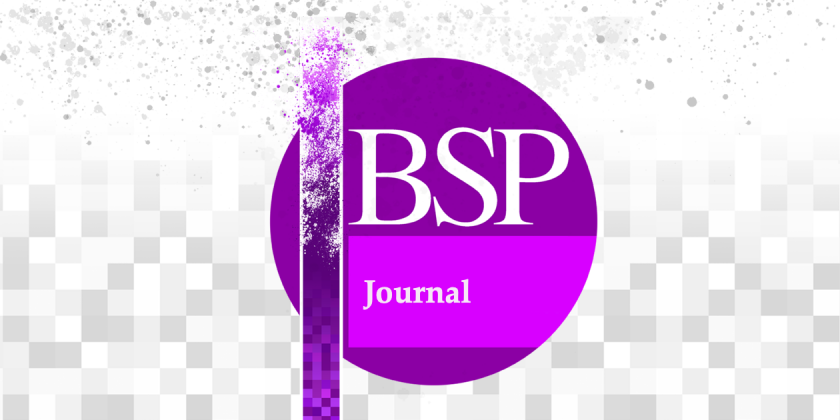Adrian James Staples’ essay for the Journal of the British Society for Phenomenology, online in advance of the print edition.
Adrian James Staples – ‘The Derivativist Reading of Heidegger’s Remarks about Language in Being and Time: A Critique’: JBSP (Originally published online: 21 October 2020).
Abstract: Heidegger’s remarks about language in Being and Time do not constitute a comprehensive theory of language. Hubert Dreyfus, William Blattner and Mark Wrathall each propose a derivativist reading of these remarks. Derivativism is the theory that language is derivative of a pre-linguistically articulated experience of the world – but derivativism is not quite right. It does not account adequately for the relationship between the disclosedness of being-in-the-world and what Heidegger calls discourse [Rede]. I claim that although language has its ontological foundation in the constitution of disclosedness, this does not mean that language is prefigured by a way of being-in-the-world that is existentially prelinguistic. Finally, I develop Wrathall’s claims about disclosedness into a more palatable account of the relationship between discourse and language, which I test against Heidegger’s claims about the relationship between discourse and language in Being and Time.
Full article: https://doi.org/10.1080/00071773.2020.1833128
Adrian James Staples, Faculty of Law, The University of Tasmania, Tasmania, Australia
Accessing the JBSP Online: The online version of the Journal of the British Society for Phenomenology publishes articles in advance of the print edition. Articles can be accessed via our publisher’s website: JBSP at Taylor & Francis Online. Access to the JBSP is free to all members of the society, who also receive the quarterly print copy of the journal as part of their subscription. You can find out more about becoming a member and supporting the BSP on the membership webpage. If you are not a member of the BSP, you can also log in using institutional or personal access via Shibboleth and OpenAthens.

